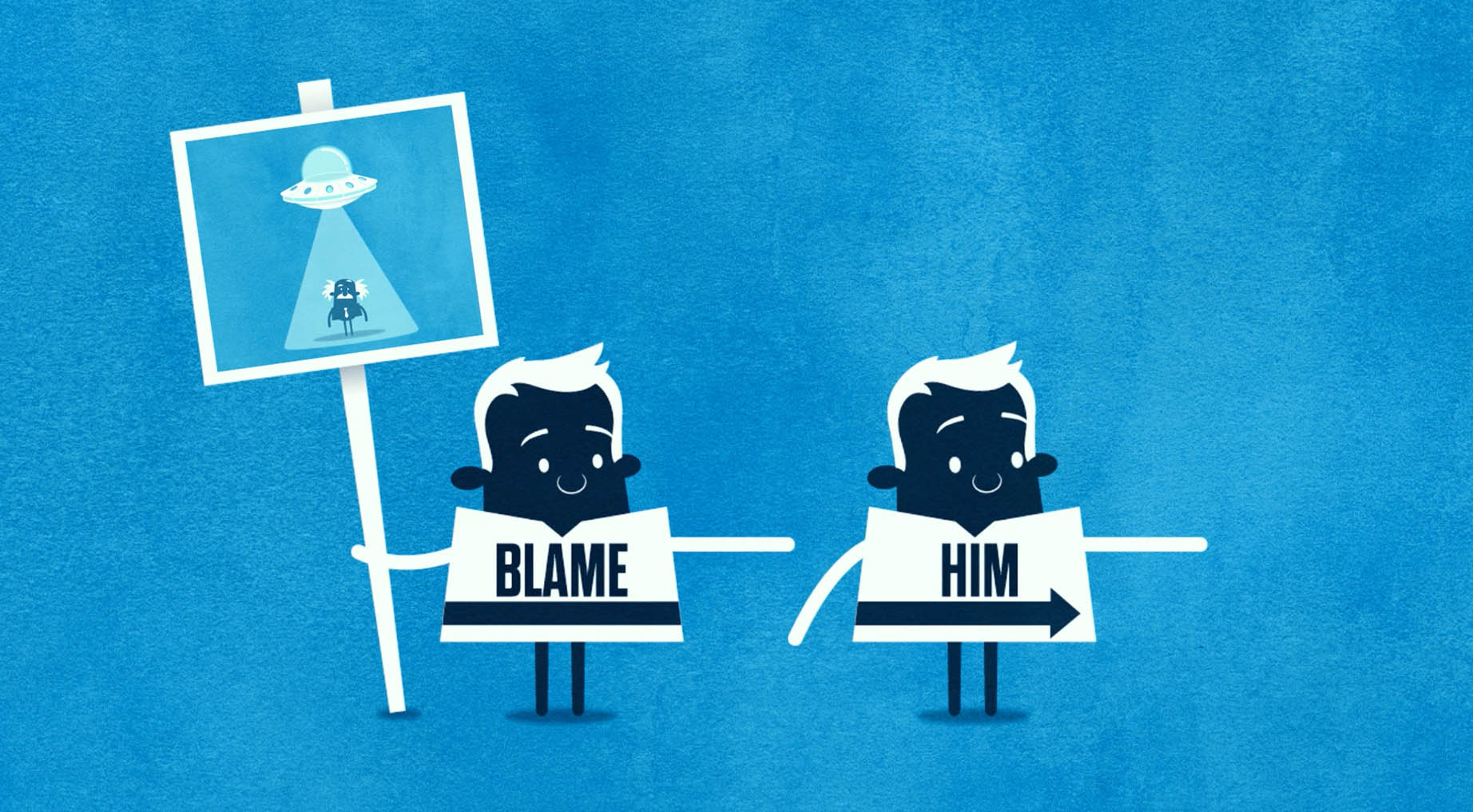What is
scapegoating?
How to be sure
it’s scapegoating?
- A serious and complex problem is discussed
- Blame for said problem is cast on a single group or individual who cannot reasonably be responsible for the entire problem
- The complexity of the problem is reduced to the role played by this individual or group

Everyday Examples
The debate about immigration policy has become completely toxic because of people like [individual name]
Our team would have won the race if only [an ethnicity] weren’t all so fast.
The reason voter turnout is low is because [a generation] refuses to go out and vote.
The reason unemployment is high is because the economy is controlled by [ethnic group].

Project Description
Truth Labs for Education is a collaboration between Cambridge University, the University of Bristol, and Google Jigsaw. We created a series of short videos designed to help people resist unwanted persuasion online. The videos are rooted in a framework from social psychology called inoculation theory, which posits that by exposing people to a weakened dose of a persuasive argument or technique and pre-emptively refuting it, they develop psychological resistance against future manipulative persuasion attempts.
We created 5 videos, each of which “inoculates” people against a particular manipulation technique or misleading rhetorical device commonly encountered online: ad hominem attacks, using emotional language to evoke fear or outrage, false dichotomies, incoherence, and scapegoating.